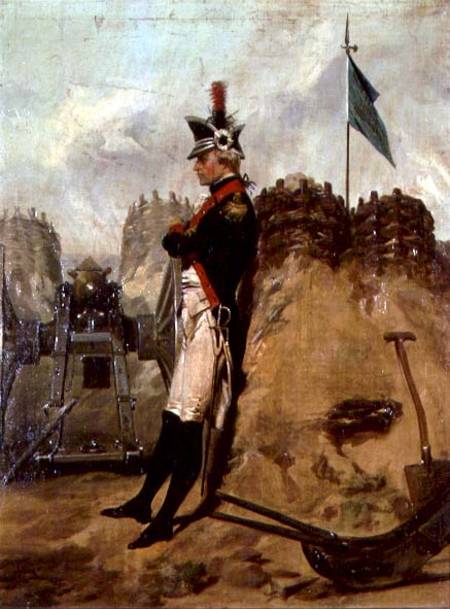I have learned to hold popular opinion of no value.

"Alexander Hamilton" was a Founding Fathers of the United States/founding father of the United States, chief Aide-de-camp/staff aide to General George Washington, one of the most influential interpreters and promoters of the U.S. Constitution, the founder of the nation's financial system, and the founder of the Federalist Party, the world's first voter-based political party. As Secretary of the Treasury, Hamilton was the primary author of the economic policies of the Presidency of George Washington/George Washington administration. Hamilton took the lead in the funding of the states' debts by the Federal government, the First Bank of the United States/establishment of a national bank, a system of tariffs, and friendly trade relations with Britain. He led the Federalist Party, created largely in support of his views; he was opposed by the Democratic-Republican Party, led by Thomas Jefferson and James Madison; it despised Britain and feared that Hamilton's policies of a strong central government would weaken the American commitment to Republicanism in the United States/Republicanism.
If you enjoy these quotes, be sure to check out other famous politicians! More Alexander Hamilton on Wikipedia.Men often oppose a thing merely because they have had no agency in planning it, or because it may have been planned by those whom they dislike.
Power over a man's subsistence is power over his will.
A national debt, if it is not excessive, will be to us a national blessing.
Those who stand for nothing fall for anything.
A promise must never be broken.
Laws are a dead letter without courts to expound and define their true meaning and operation.
The same state of the passions which fits the multitude, who have not sufficient stock of reason and knowledge to guide them, for opposition to tyranny and oppression, very naturally leads them to a contempt and disregard of all authority.
Every man ought to be supposed a knave, and to have no other end, in all his actions, but private interest. By this interest we must govern him, and by means of it, make him cooperate to public good, notwithstanding his unsatiable avarice and ambition.
It has been observed that a pure democracy if it were practicable would be the most perfect government. Experience has proved that no position is more false than this. The ancient democracies in which the people themselves deliberated never possessed one good feature of government. Their very character was tyranny; their figure deformity.
The changes in the human condition are uncertain and frequent. Many, on whom fortune has bestowed her favours, may trace their family to a more unprosperous station; and many who are now in obscurity, may look back upon the affluence and exalted rank of their ancestors.
A nation which can prefer disgrace to danger is prepared for a master, and deserves one.
Man is a reasoning rather than a reasonable animal.
Your people, sir, is nothing but a great beast.
Why has government been instituted at all? Because the passions of men will not conform to the dictates of reason and justice, without constraint.
It is long since I have learned to hold popular opinion of no value.
Men give me credit for some genius. All the genius I have is this. When I have a subject in mind. I study it profoundly. Day and night it is before me. My mind becomes pervaded with it... the effort which I have made is what people are pleased to call the fruit of genius. It is the fruit of labor and thought.
Constitutions should consist only of general provisions; the reason is that they must necessarily be permanent, and that they cannot calculate for the possible change of things.
When men exercise their reason coolly and freely on a variety of distinct questions, they inevitably fall into different opinions on some of them. When they are governed by a common passion, their opinions, if they are to be called, will be the same.
Copyright © 2024 Electric Goat Media. All Rights Reserved.